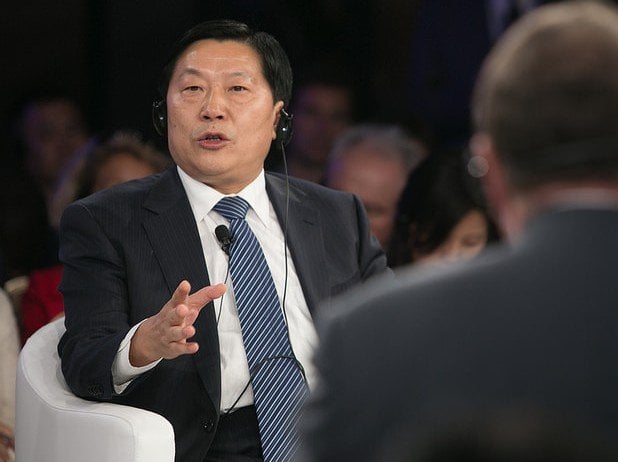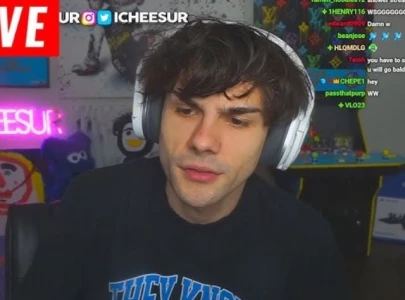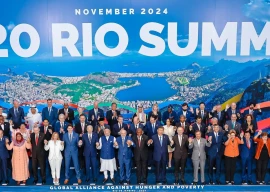
Lu Wei -- named as one of the world's 100 most influential people last year by Time magazine -- had been in charge of supervising controls on online expression since taking over as head of the Cyberspace Administration of China in 2013.
China censors online content it deems to be politically sensitive, while blocking some Western media websites and the services of Internet giants including Facebook, Twitter and Google.
Lu will be succeeded by Xu Lin, a deputy from the same department who joined in 2015 and previously served two years as the minister of propaganda for the city of Shanghai.
"Xu Lin has replaced Lu Wei as the head of the Office of the Central Leading Group for Cyberspace Affairs," the official Xinhua news agency said, citing an official statement but providing no further details.
Xu worked alongside China's President Xi Jinping in Shanghai in 2007, when the latter was the city's communist party chief.
Last year, a report by the American pro-democracy think tank Freedom House found that China had the most restrictive Internet policies of 65 countries studied, ranking below Iran and Syria.
Lu was a powerful figure both at home and abroad, where he commanded the attention of global technology firms eager for a piece of the Chinese market.
He was personally received by Mark Zuckerberg in 2014 at Facebook's Silicon Valley headquarters, and appeared in the front row of a "family photo" alongside top execs from American tech giants such as Amazon and President Xi Jinping when the head of state visited the US last September.
It remains unclear whether Lu, who retains his position as deputy head of the ruling Communist party's Central Publicity Department, will take on additional roles.




1730959638-0/trump-(19)1730959638-0-165x106.webp)

1732428810-0/Copy-of-Untitled-(3)1732428810-0-270x192.webp)
1732425487-0/BeFunk_§_]__-(42)1732425487-0.jpg)









COMMENTS
Comments are moderated and generally will be posted if they are on-topic and not abusive.
For more information, please see our Comments FAQ